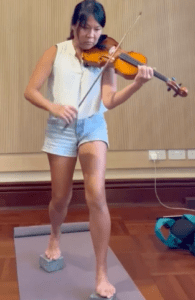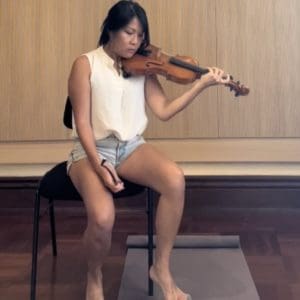 1. How would you define your personal practice?
1. How would you define your personal practice?
My movement practice revolves a lot around my being a violinist, honing my technique. Traditional violin technique methods have not answered my questions on how best to have the shape of the body act upon the shape of the instrument, so my entry point to movement is primarily through this lens. To work on shaping my body, expanding the repertoire of movement needed to play efficiently, and with ease. But of course things are not always so clear-cut. I’ve always appreciated learning via different-same rather than same-same. The deeper I delve into movement and the mechanics of playing the violin, the broader my curiosities have become. As the reward of pure movement deepens and expands, so has my interest to explore.
As someone with a pesky nervous system that can overreact to movement with flare-ups too, it’s only fairly recent that I have begun to find more safety in moving, and empowerment in gaining strength. So some basic strength training has become a part of my practice. Generally, music is still the path of least resistance for me to get to moving.
2. What turning points have you encountered on your movement journey?
Discovering modalities like Feldenkrais, where I learned that movement was not just this dum-dum, mindless pursuit of “fitness” in that conventional sense. Then discovering the movement world. Kevin Moore introduced me to thinking about movement in terms of physics; Dawn Ross opened my eyes to new possibilities with her creativity. Jenn Pilotti has been a huge influence in so many ways, and has helped me find my own path in integrating my study of movement with music. Adarian Barr’s brilliant insights have been a game changer in how I understand the mechanics of movement and violin-playing, and how I move and play.
3. What role has injury played in cultivating your current niche?
I’ve struggled with chronic pain and alignment issues since I was a child. Always attributed it to violin playing, but really it was also due to trauma and nervous system dysregulation. I was only in my late teens when I had to drop out of music school because of severe pain, and I’d had to take frequent medical leaves in my career, too. I’ve lost count of how many times I’d almost quit playing because I thought I was not up for it physically (and mentally). Similar to the fitness world, there’s the common belief of no pain no gain in classical music. Injury prevention and technique-building are often talked about as separate, unrelated, things, which I don’t believe to be true. For years, I questioned whether I was naively idealistic to hang on to dear life to the belief that if I could break down technique to its rawest, simplest mechanics, that playing could even be therapeutic physically. And that’s despite my not having had a single shred of evidence that this was true based on my own injury-and-pain-filled life! But I hung on anyway. And as I learn to overcome more and more of my own obstacles, and as I help others do the same, I feel like I might just be finding the evidence after all. Playing the violin, or doing anything physical, efficiently, can only make your body move better. This idea is central to how I work.
4. Do you consider yourself a teacher? Why or why not?
Yes, but I am constantly re-examining what the word means when I’m in that role for different people. At the heart of it, I see teaching as simply to share with others what I know, but the nuance of what that entails with each student is different. I’ve had a small handful of great teachers in my life – and they were not always confined to the classroom. It is not a given that a “teacher” actually teaches; just as true teaching is not limited to certain rigid settings.
5. What has been your experience with physical education, both in the schooling system and sought out knowledge/ know-how elsewhere?
I was terrible at PE until I didn’t even have to take PE, because of my special status of being a musically-gifted child. Sports never piqued my interest when I was young. And as I got a bit older, it was not terribly motivating when every attempt at exercising would trigger my nervous system to freak out and leave me in debilitating pain and mysterious malaise. That saying of how you’ll never regret a workout was the bane of my existence. So my greatest hurdle in seeking training is to find people who understand the connection between the nervous system and the physical body. One might think this is only relevant to people with especially sensitive systems like myself, but I believe you’d eventually run into problems elsewhere even with a more robust person. Because not understanding the nervous system part reveals such a glaring lack of understanding about how things actually work. And one can neither learn nor teach with this level of ignorance, especially when there’s ignorance in how one is always unavoidably ignorant of something!
6. How do you involve your mind/ emotions into your physical routines?
I’m not good at routine. No matter how much I know an exercise is “good for me”, I have a hard time to just do it x amount of times everyday. When I do start moving, it’s usually by feel and I flow into different movements that I feel I need at that moment. Mostly I’m being led there in my violin practice. It feels good when a routine also feels spontaneous. Flip side is I can never remember something that I think would be really good for me and just rinse and repeat. I do wish I had more of that kind of practicality and structure.
7. What are your personal aspirations regarding movement? How do you hope to find purpose and use in the skills you have built?
As someone having struggled with pain and weakness most of my life, getting stronger has become important to me. And to continually find more understanding and clarity in the movement and mechanics of playing the violin, or any instrument, and explore how that fits into the whole picture of musicianship and the artistic side of things, is where I feel most at home.
8. How can people find/ contact you? Do you have a site or social media handle to share?
Website: ameliachanviolin.com
Instagram: @ameliachanviolin
Facebook: Amelia Chan
Amelia’s Recent Blog Posts
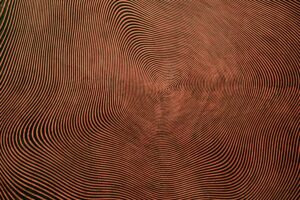
Holistic & Honing
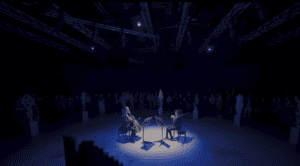
Stage Fright & the Nervous System (Part 2)
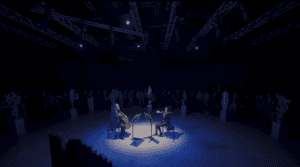
Stage Fright & the Nervous System (Part 1)
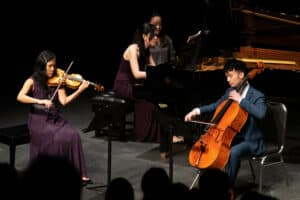
Stamina & “Strengthening”
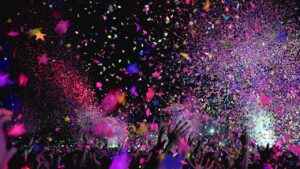
Roundtable #13 – Popularity
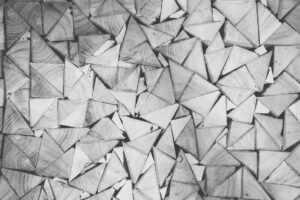
On Hierarchies & Importance
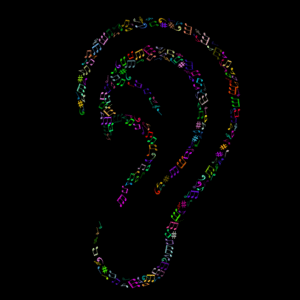
On Learning & Listening
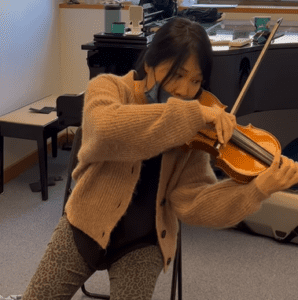
Perspective & Diversity
